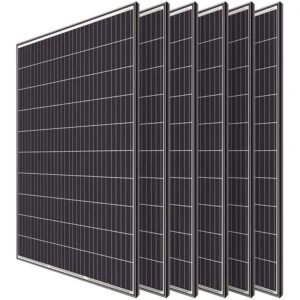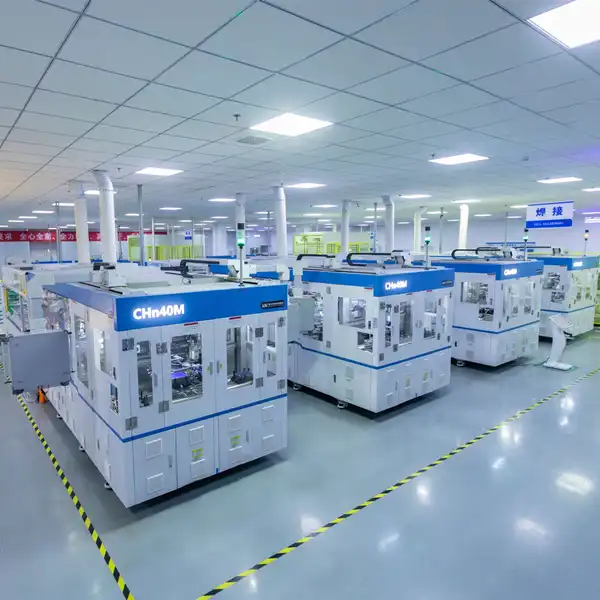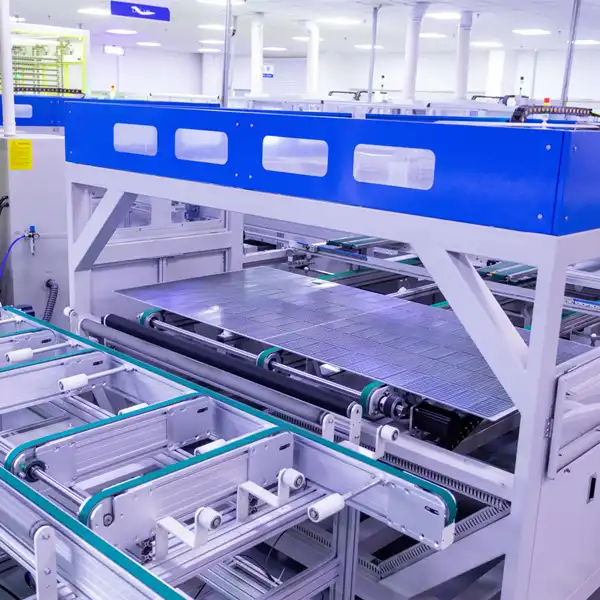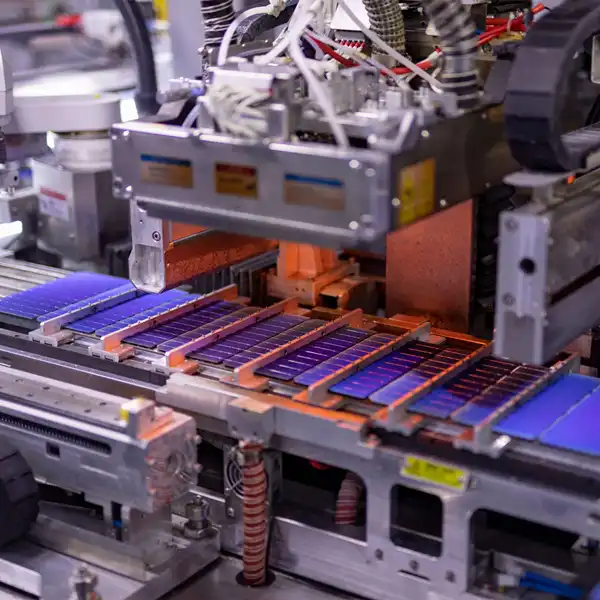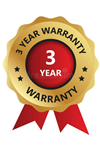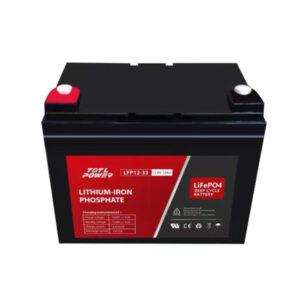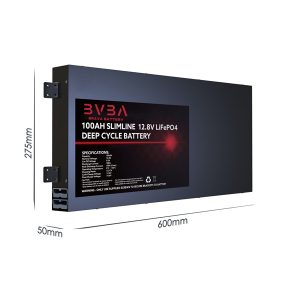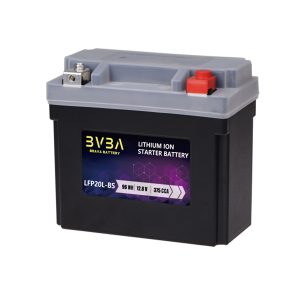Solar Panels Benefit
- Maintenance-free as solar panels last over 30 years
- Renewable clean power that is available every day of the year, even cloudy days produce some power
- Solar power is pollution-free and causes no greenhouse gases to be emitted after installation
General Solar Panels
Custom Solar Panels
No products were found matching your selection.
LiFePO4 battery is one type of lithium battery. LiFePO4 Battery is now the most popular battery for solar & renewable energy storage, backup power, electric vehicles, and other power appliances.In this post, you will see the best drop-in replacement of lead-acid battery, the important parameters, charge & discharge precautions, and more.
Solar Panels Photovoltaic Applications
RV and Caravan
Solar Panels

Solar panel for home
Solar Panel Farms
- Solar Batteries and Generators
- Residential and commercial rooftop photovoltaic systems
- Large-scale utility solar farms
- Off-grid systems for remote locations
- Solar-powered water pumping
- Solar-powered lighting and electrical systems for remote areas
- Concentrated solar power plants for electricity generation
- Solar-powered boats, cars, RV and aircraft.
- Power in Space
- Solar Wearables
- Solar Transportation
- Public Solar EV Charging
- Solar Panels Parking Lots
- Solar Panels Bus Stop Shelters
How To Choose Solar Panels?
To choose solar panels, consider the following factors:
Type of Solar Panels: Monocrystalline silicon panels are the most efficient type of panel, but they also have a higher price. Polycrystalline silicon panels are less efficient, but they are more affordable.
Solar Panel Size: Larger panels will produce more electricity, which can be a big advantage if you have a high energy use. They also tend to be more durable and easier to install.
Panel Color: The Backsheet and Frame-Black backsheets create a more uniform-looking panel that blends into darker roofs. However, black holds heat, so black backsheets may get hotter than traditional panels, which could slightly reduce the panels efficiency.
Efficiency: The amount of energy a panel can produce relative to its size, industry average of 16-18%
Power Output: Choose panels that meet your energy requirements and consider future growth.
Temperature Coefficient: This refers to the impact that heat has on a solar panels operational efficiency after installation. Since solar panel overheating accelerates their ageing, the lower the percentage per degree Celsius, the better.
Warranty: Look for panels with a warranty of at least 25 years.
Price: Compare cost to relative efficiency – efficiency is important, but the most efficient panels aren’t always the best value
Brand Reputation: Choose panels from well-established and reputable manufacturers.
Climate: Consider the climate where the panels will be installed and choose panels that can withstand extreme temperatures, wind, and snow.
Installation Requirements: Check the space and orientation requirements for the panels and ensure that your roof can accommodate them.
Certifications: Look for panels that have certifications from recognized organizations such as UL, IEC, and CETL.
Inverter: The inverter’s power rating should match or exceed the maximum output of your solar panels.
Battery: The voltage should match the voltage of the solar panels and inverter.
Consult a professional solar installer to help you choose the right panels for your needs and ensure proper installation.
Products Certifications and Standard
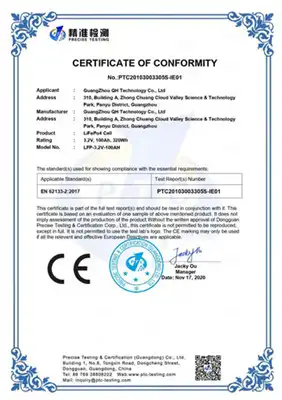
Certificate
CE
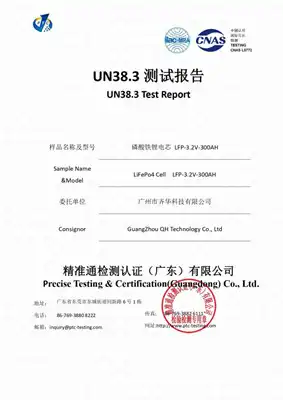
UN38.3
MSDS
Solar Panels Production Process
Why choose us?
- Small QTY support, Accept mixed models for FCL order
- Extremely Competive Price on Monocrystalline Cells
- Over 10 years Experience in Solar Panels Integrate
- Fast delivery,15-35 days
- 30 Years Design Life, 20 Years Warranty
Solar Panels Features & Benefits
- Photovoltaic (PV) cells: These are the main component of solar panels, converting sunlight into electrical energy.
- Wattage: The amount of electrical energy a panel can produce is measured in watts.
- Efficiency: The efficiency of a panel refers to the percentage of sunlight that is converted into usable energy.
- Size: Solar panels come in various sizes and shapes, with larger panels producing more energy but taking up more space.
- Durability: Solar panels are designed to withstand various weather conditions and are typically made of durable materials such as tempered glass and aluminum frames.
- Voltage: Solar panels produce direct current (DC) electricity, which must be converted to alternating current (AC) for use in homes and businesses.
- Connectivity: Solar panels must be connected to an inverter, battery system, or the electrical grid to be useful.
- Warranty: Most solar panels come with a warranty, guaranteeing their performance for a set period of time.
- Cost savings: Solar panels can reduce or eliminate electricity bills, especially when combined with energy-efficient appliances and practices.
- Environmentally friendly: Solar energy is a clean, renewable source of energy that doesn’t produce greenhouse gas emissions or other harmful pollutants.
- Increased property value: Homes and businesses with solar panels can be more attractive to buyers, as they are seen as more energy-efficient and environmentally conscious.
- Independence from the grid: Solar panels can provide a backup source of power during outages, or allow owners to be completely independent from the electrical grid.
- Low maintenance: Solar panels require very little maintenance, with occasional cleaning to remove dirt or debris being the only necessary upkeep.
- Tax incentives: In many areas, homeowners and businesses can receive tax credits or rebates for installing solar panels, reducing the upfront cost of the installation.
- Job creation: The growth of the solar industry has created jobs in fields such as installation, manufacturing, and research and development.
- Energy security: By reducing reliance on fossil fuels and imported energy, solar panels can increase energy security and stability.
- Savings on energy: The most direct benefit is that you can gain the opportunity to power your own home outside of the electrical grid. That will save you money, and if you generate extra power, you might even be able to get credit on your bill from the electric utility.
- Solar is an abundant power source: According to the US Department of Energy, just one hour of noontime summer sun meets the annual US electricity demand. Even if you’re in an area with a lot of rain or shade coverage, you can still save on your electricity bill.
- Help with your home value: If you plan to sell your home down the line, having home solar panels can be a major perk to buyers and can help increase your home’s value.
- Power your camping: Some small solar panel arrays fit right onto RVs or you can take them camping so you have electricity, no matter how remote the location.
Ask For A Quote
Small Quantity, OEM & ODM services are fully supported, please leave a message below.
For our specific models, please see Solar Panels & LifePo4 Batteries.
We Would Love to Work With You!
FREE SAMPLE
Welcome importers, wholesalers and distributors require free sample
![]() Alan
Alan
Sales
![]() Alice
Alice
Sales Manager
Technology Support
![]() Tom
Tom
Senior Engineer
